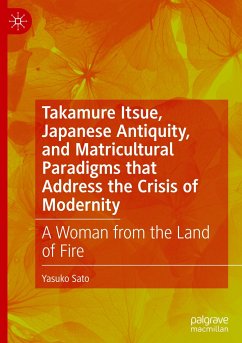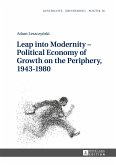This book explores Takamure Itsue's (1894-1964) intellectual odyssey as Japan's most notable pioneer in the study of women's history. When she embarked on a series of scholarly projects that investigated marriage patterns and kinship systems in ancient Japan, it was a response to crisis-ridden modernity. Relentless in her quest to dismantle patriarchy, this "woman from the Land of Fire" (a nickname for her birthplace, Kumamoto Prefecture) locked herself away in 1931 and spent the rest of her life conducting research on female-friendly societies with matrilocal arrangements under kinship-based communal systems. While dissecting the patriarchal norms undergirding the capitalist nation-state, she embraced matricultural paradigms that embodied life-sustaining and life-enhancing values through communal childrearing and matrilineal inheritance. Takamure, a visionary thinker, asked big-picture questions and addressed multifarious issues of contemporary relevance, including beautystandards, human trafficking, gross disparities in wealth, war and imperialism, science and religion, and humanity's relationship with nature.
Bitte wählen Sie Ihr Anliegen aus.
Rechnungen
Retourenschein anfordern
Bestellstatus
Storno








